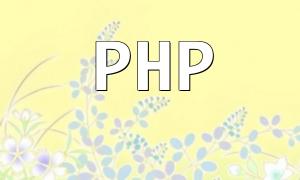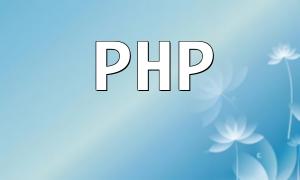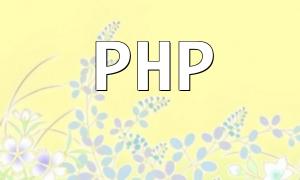In software projects, code review is a crucial task to improve development quality, helping teams identify potential issues and enhance code readability and maintainability. PHP coding standards provide a powerful tool for PHP developers in code reviews. This article will explore how to leverage these standards to improve development quality.
PHP coding standards are a set of best practices designed to guide developers in writing clear, maintainable code. Adhering to these standards helps reduce code defects, enhance team collaboration, and ensure code stability and readability over time.
Here are some specific PHP coding standards recommendations:
Consistent code style is essential for improving code readability. Here are a few recommendations:
if ($i == 0) {
$j = 1;
} else {
$j = 0;
}
function calculateResult($score) {
$result = '';
if ($score >= 60) {
$result = 'Pass';
} else {
$result = 'Fail';
}
return $result;
}
$companyName = 'ABC Company';
Proper comments can significantly improve the readability of code. Here are some guidelines for commenting:
/**
* Calculate the exam result
*
* @param int $score The exam score
* @return string The result of the exam
*/
function calculateResult($score) {
$result = '';
if ($score >= 60) {
$result = 'Pass';
} else {
$result = 'Fail';
}
return $result;
}
// Database connection configuration
$databaseConfig = array(
'host' => 'localhost', // The database host
'user' => 'username', // The database username
'pass' => 'password', // The database password
'dbname' => 'database_name' // The database name
);
Effective error handling helps detect issues early and prevent the exposure of system details. Here are some error handling best practices:
try {
// Code that may throw an exception
} catch (Exception $e) {
error_log('Caught exception: ' . $e->getMessage());
header('HTTP/1.1 500 Internal Server Error');
echo 'An error occurred. Please try again later';
}
PHP coding standards are a set of best practices aimed at helping developers write clear and maintainable code. By following these standards, developers can improve team collaboration, reduce defects, and ensure code stability and long-term maintainability. The recommendations covered in this article, including code style, comments, and error handling, are intended to help developers improve PHP development quality and ensure the stability and scalability of their code.









